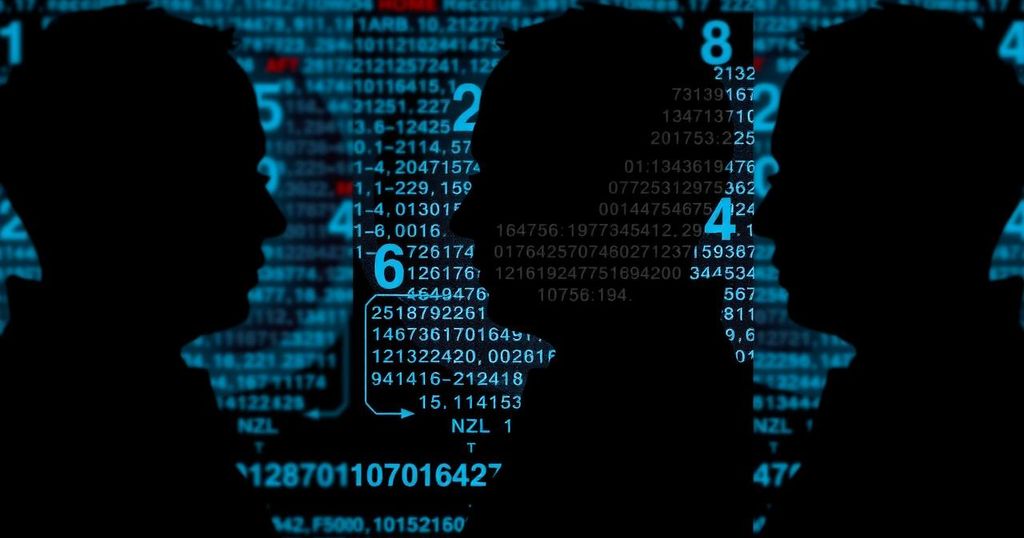Summary
Las Vegas police reject the NFL’s facial recognition policy due to privacy concerns regarding officer biometric data. The league plans to implement a facial authentication system across its stadiums, though police departments in other NFL cities are watching closely. Resistance is reflected in public protests against similar biometric systems, raising concerns about data security and privacy. Wicket, the technology provider, maintains that its practices are strictly opt-in and protective of user data.
Las Vegas police have steadfastly opposed the NFL’s introduction of a facial recognition system for managing access at stadiums, primarily due to concerns regarding the potential collection of officers’ biometric data. Steve Grammas, President of the Las Vegas Police Protective Association, emphasized that officers would only wear wristbands for entry, avoiding any form of biometric identification. Despite facing resistance from the NFL, Grammas stated their firm decision to decline participation in biometric identification was final. The NFL plans to implement the facial recognition system, powered by Wicket, across all its stadiums this season, utilizing accreditation software from Accredit Solutions to securely vet credentials at security checkpoints. This system aims to streamline access for media, officials, staff, and guests with enrolled biometric data, although its primary purpose is limited to identity verification. In response to the police department’s concerns, the NFL described discussions with local law enforcement as productive, reaffirming its commitment to enhancing stadium security. The pushback from the Las Vegas police appears to indicate broader implications for other NFL cities, as departments in Houston and Denver are reportedly monitoring the situation closely. The objection to the NFL’s biometric system may seem paradoxical against the backdrop of law enforcement’s growing adoption of facial recognition technology, which the Las Vegas Metropolitan Police Department has extensively utilized in the past. Public sentiment against invasive biometric technologies also manifests, evident in protests against the MLB’s biometric Go-Ahead Entry system. Advocacy groups like Fight for the Future argue that broad usage of facial recognition raises privacy concerns, especially as the technology may lead to increased surveillance normalization. They call for sports leagues to eliminate biometric technologies in stadiums to safeguard the rights of fans and workers. Wicket, on its part, defends its biometric practices, asserting that participation is entirely voluntary, with individuals having the option to opt-out at any time and insisting that user data is not exploited or sold. Discussions on the integration of biometric technology into sports fan experiences will take place at Identity Week in Washington, DC, reflecting ongoing engagement with these innovative yet controversial technologies in event settings.
The article discusses the growing tension between law enforcement and sports organizations over the adoption of biometric technologies, particularly facial recognition. It highlights concerns regarding privacy, security, and the implications of data collection practices for both police officers and the general public. While the NFL aims to enhance security through biometric access systems, police unions and advocacy groups express significant skepticism about the privacy implications and potential misuse of such technologies.
In summary, the face-off between the Las Vegas police and the NFL’s facial recognition policy underscores a complex interplay of security enhancements, privacy concerns, and public sentiment against invasive technologies. As more cities monitor the situation, the outcome may set a precedent for biometric practices in stadiums nationwide. While technology providers like Wicket emphasize opt-in practices and data security, ongoing debates over privacy and surveillance continue to challenge the acceptance of such measures in public spaces.
Original Source: www.biometricupdate.com







